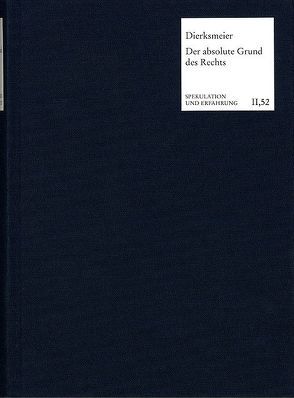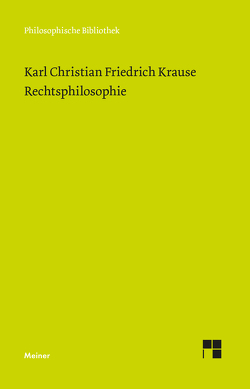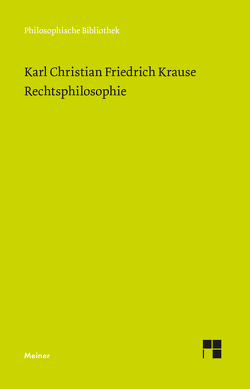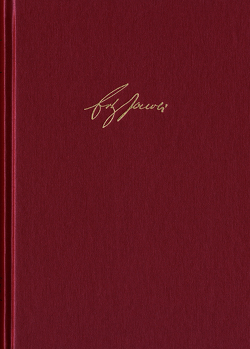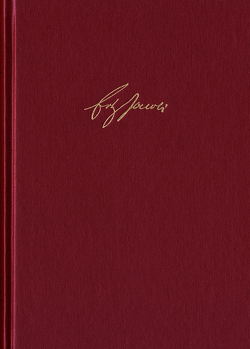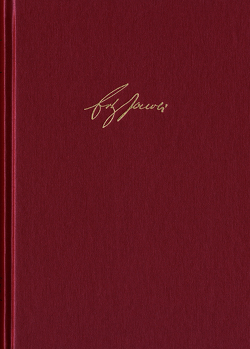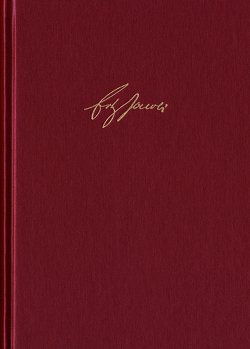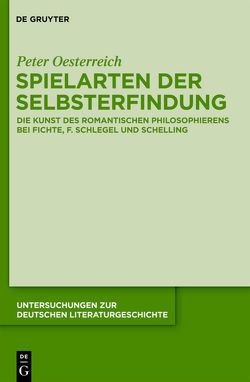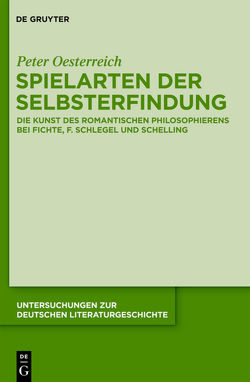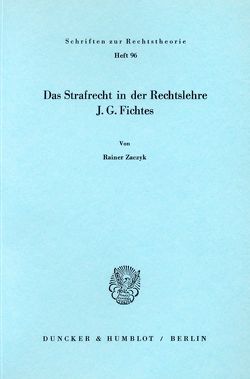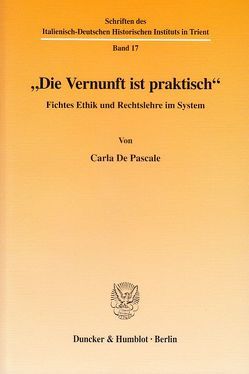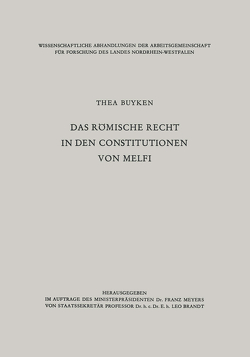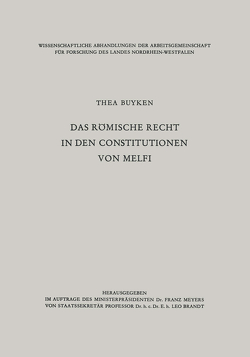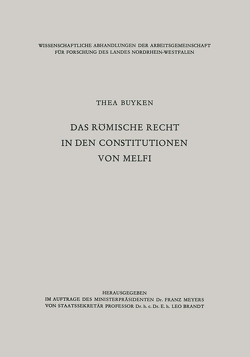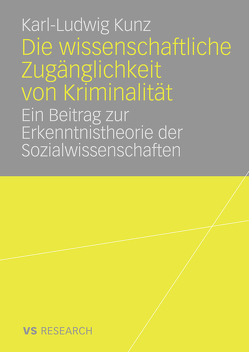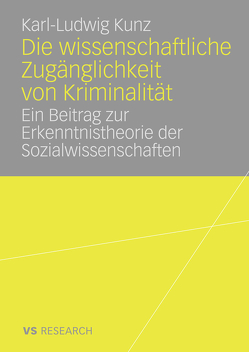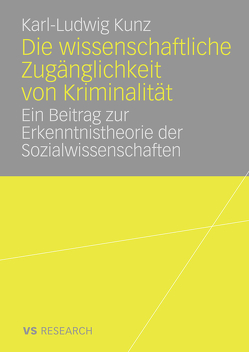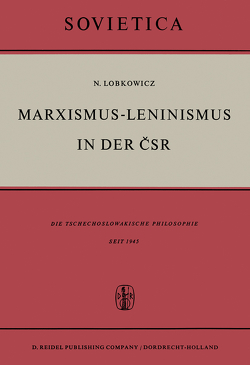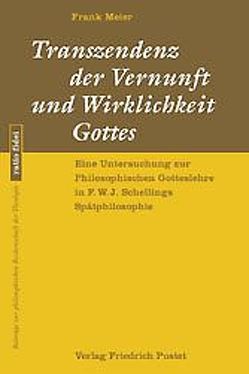Der absolute Grund des Rechts
Karl Christian Friedrich Krause in Auseinandersetzung mit Fichte und Schelling
Claus Dierksmeier
In the Spanish-speaking world, Krausismo has had a strong impact which can be traced back to the works of Karl Christian Friedrich Krause (1781–1832). Krause applied the philosophy of freedom of German idealism in a practical manner and in doing so formulated postulates which at the time of their writing (1825–1828) were much too modern to be able to gain wide acceptance but which are receiving increasing attention today: intergenerational justice, nature conservation, subsidiarity and federalism, world law cosmopolitanism etc. Dierksmeier‹s work paints a historical picture of how Krause created his own metaphysics of freedom by breaking away from Fichte and Schelling, his former teachers. The study integrates the wide range of research done internationally on Krause and presents the first argumentative reconstruction of Krause‹s philosophy in the world.
